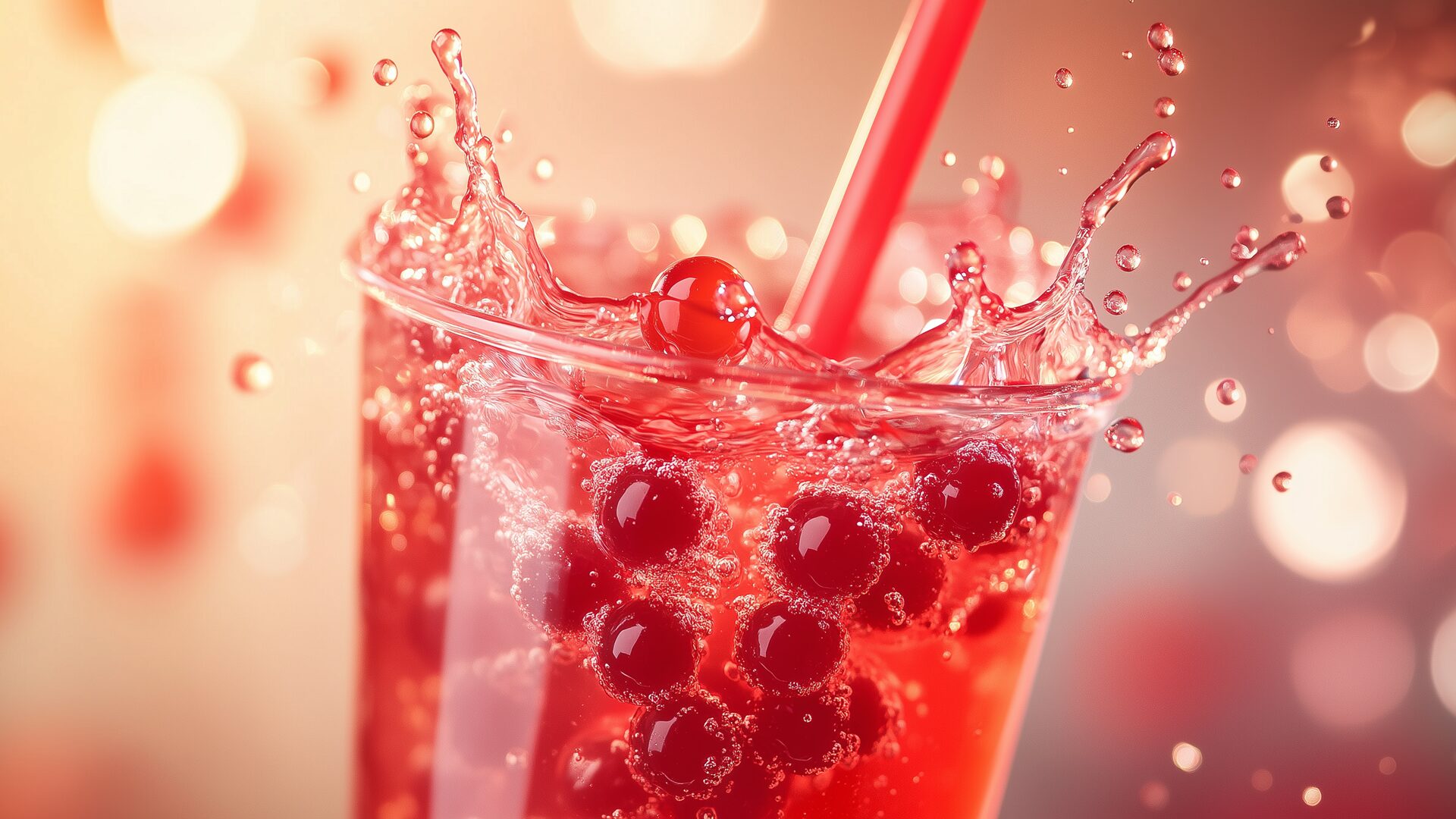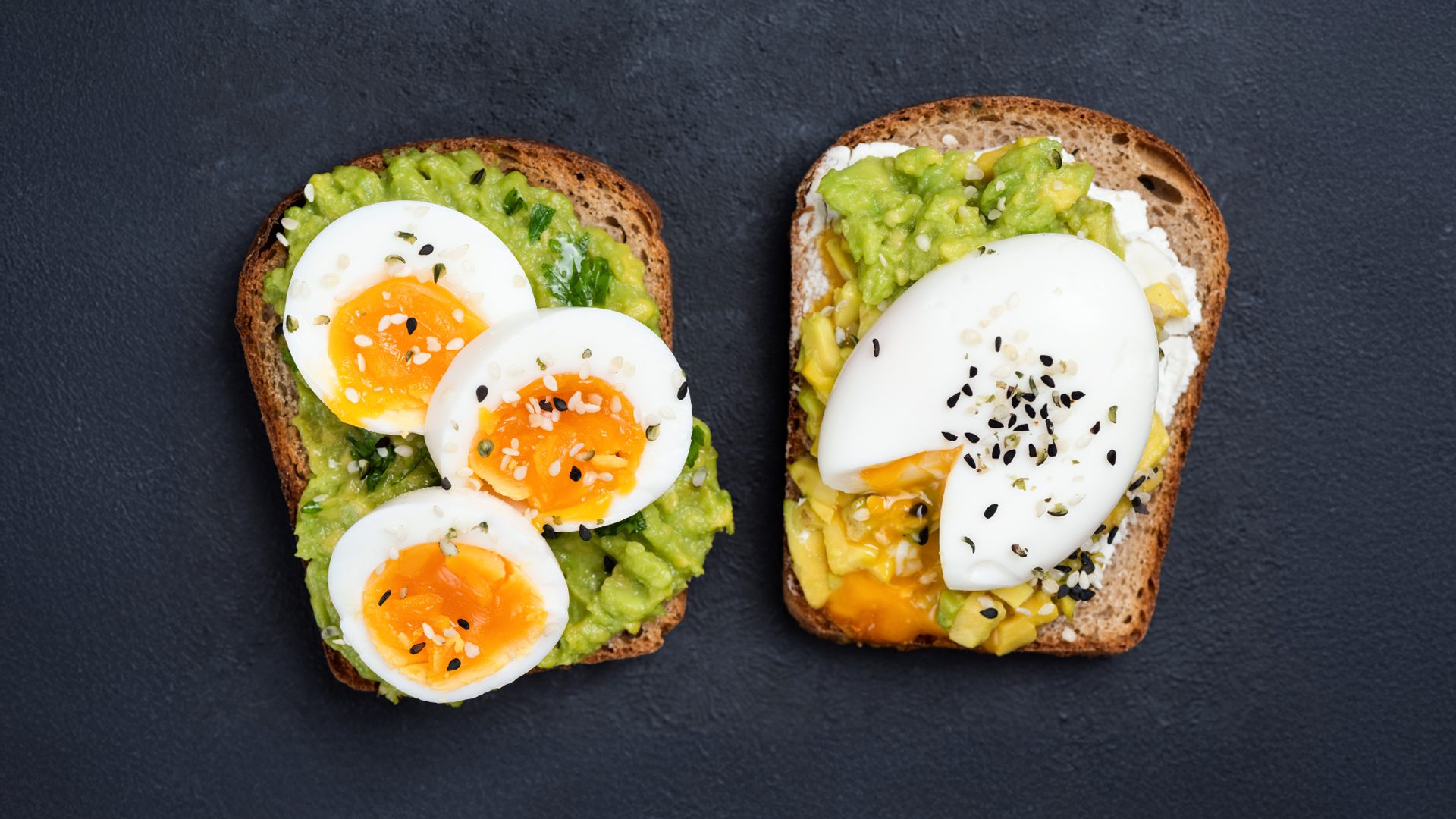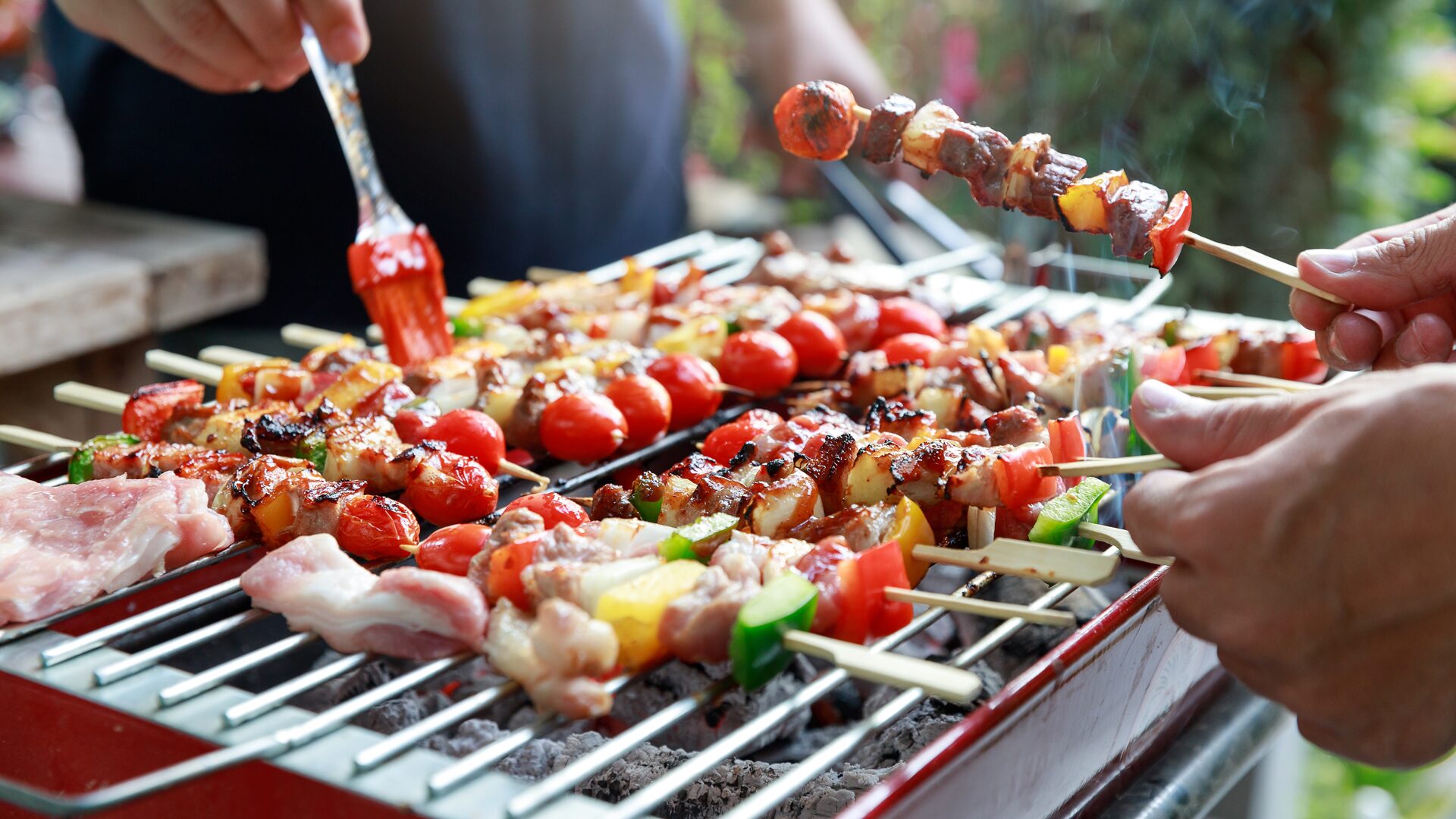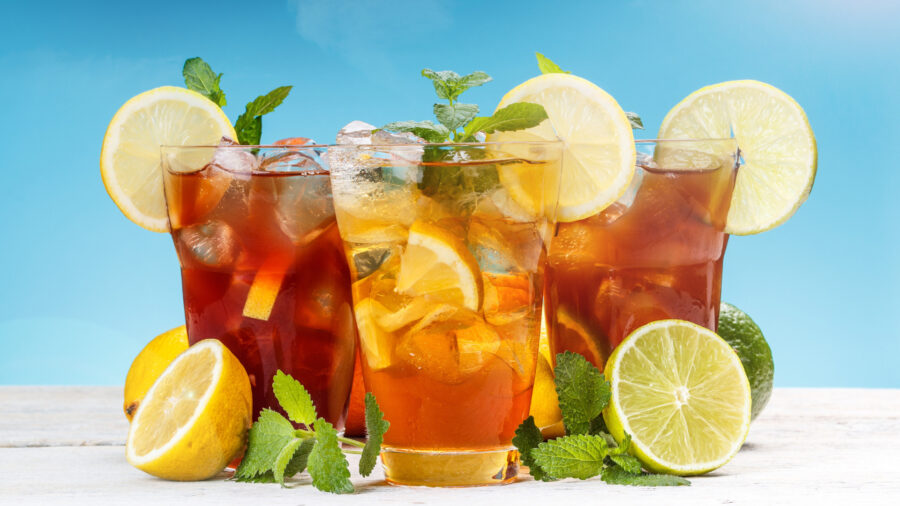In the latest development in an ongoing debate over the fine line between globally inspired “fusion” foods and cultural appropriation, Marvel actor Simu Liu accused Quebec better-for-you bubble tea brand Bobba of insensitivity, sparking a movement dubbed “bobagate.”
He was among a panel of judges for CBC’s Dragons’ Den, the Canadian take on U.S.-based Shark Tank. During the recently aired episode, he argued that disrupting the bubble tea market by transforming it into a “convenient and healthier” experience was unsettling.
“There’s an issue of taking something that’s very distinctly Asian in its identity and ‘making it better,’ which I have an issue with,” he added, according to BBC.
The brand has since apologized on Instagram, noting that it did not intend to disrespect the community that created and popularized boba.
“Simu Liu raised very valid points regarding cultural appropriation, and we welcome this learning opportunity,” said Bobba in a statement. Additionally, the brand said that its Taiwanese partners were involved in the product in question’s development, adding that did not intend to insinuate that their product was “healthier than traditional bubble tea”; rather, it meant to call it healthier than other ready-to-drink products found at retail.
“We will re-evaluate our branding, packaging, and marketing strategies to ensure that they reflect a respectful and accurate representation of our Taiwanese partnership and bubble tea’s cultural roots,” said Bobba.
Aleena Mazhar Kuzma, of Toronto-based Fuse Create Marketing, told CBC News that the brand will likely have to pivot to save its image.
“I think they’re going to need to make some big changes to their brand and how they tell their brand story in order for that to happen. I don’t think they are going to be able to continue as is,” she said.
Since then, users have taken to social media to discuss the bobagate controversy with many using the platforms to disparage the beverage brand.
Liu also took to TikTok to address the concerns, explaining that the issue brought up a productive conversation around cultural appropriation; however, he also asserted that the drink brand came on the show “in good faith” and that they do not deserve all of the social media harassment.
“I want to say that, full stop, it’s never okay to make threats. It’s never okay to bully and harass online,” said Liu in the video.
Entrepreneur and fellow Dragons’ Den panelist Manjit Minhas originally agreed to invest in Bobba, noting that “there can be a new take on things… Not everything has to be traditional,” while on the show; however, she has since taken to Instagram to announce she will no longer be investing in the brand.
“After more reflection, due diligence, and listening to many of your opinions, I will not be investing in Bobba Tea,” she said.
Bobagate Reactions Abroad
In Taiwan, Al Jazeera noted that many local boba aficionados do not quite understand the controversy. One former Taiwanese boba tea shop worker said in response to the allegation: “I don’t think it’s a big deal that they took boba tea and added their own twist to it.”
Taiwanese-American journalist Clarissa Wei, however, contextualized the issue. She noted that the social media reactions stem from a cultural identity shared among Asian diaspora communities.
“Bubble tea is a very dear symbol to a lot of the diaspora and has become a symbol of what it means to be Asian American and Asian Canadian,” Wei told Al Jazeera.
“In some ways, bubble tea is more important to Asian minorities in Western countries than it is to Taiwanese in Taiwan, who don’t think as much about the meaning or the symbol behind it.”
The Food Institute Podcast
Restaurant results for the second quarter weren’t stellar, but people still need to eat. Are they turning to their refrigerators, or are restaurants still on the menu for consumers? Circana Senior Vice President David Portalatin joined The Food Institute Podcast to discuss the makeup of the current restaurant customer amid a rising trend of home-centricity.










